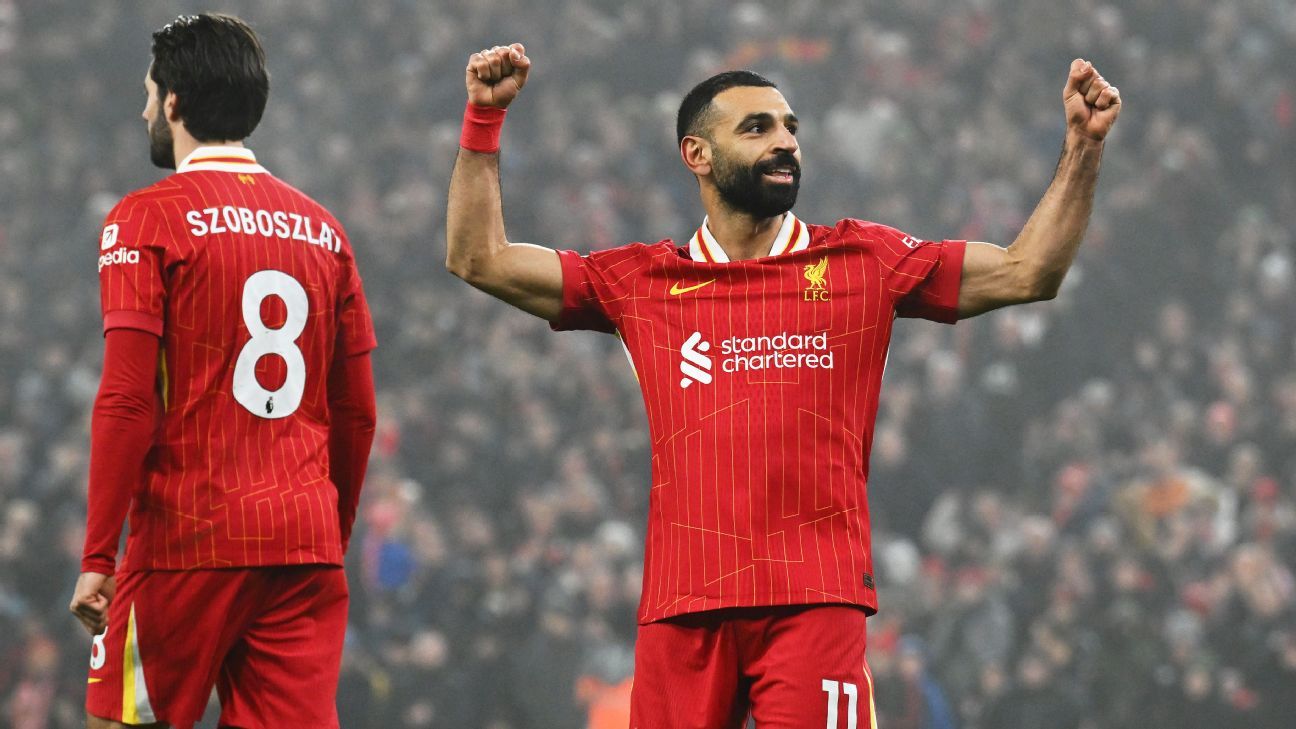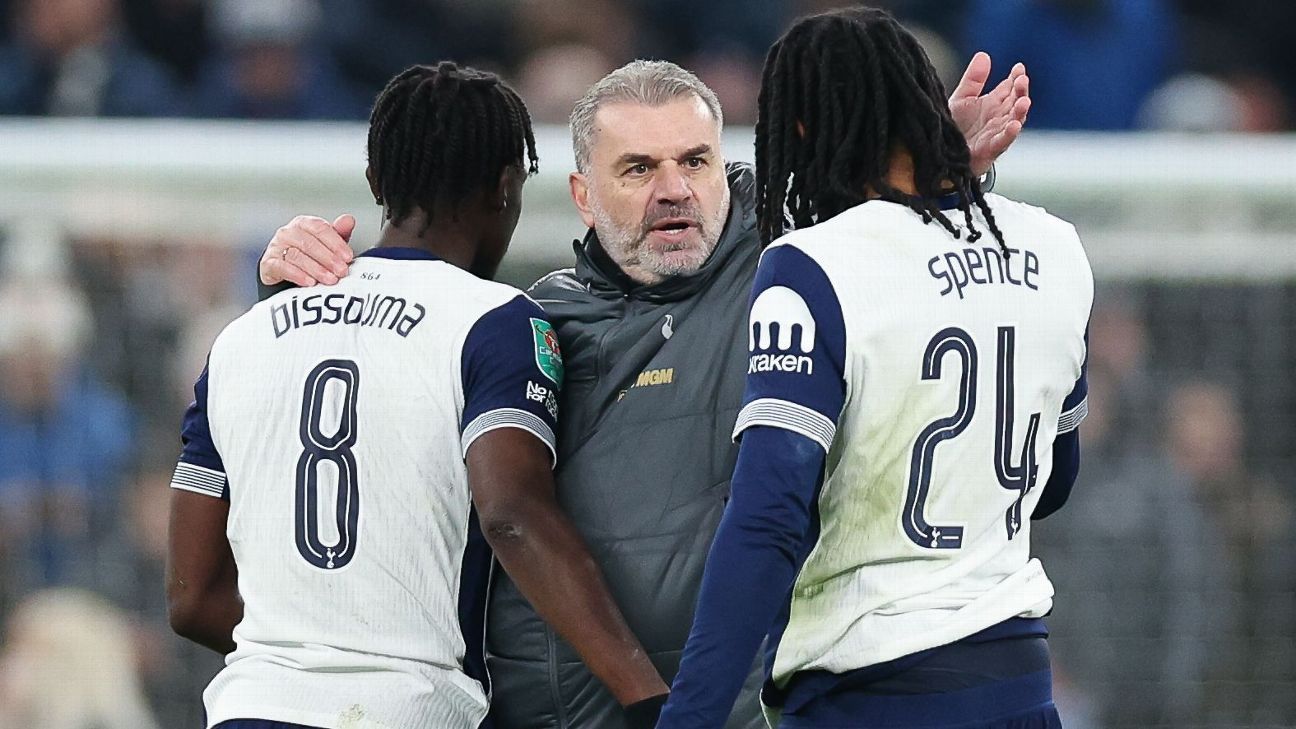
Dale Johnson, General Editor, ESPN FCOct 31, 2023, 10:11 AM
The chief executive of the International Football Association Board (IFAB) has ruled out broadcasting the audio of VAR decisions live during games, believing it would be "a chaotic experience."
There have been growing calls for the discussions between officials to be played out during matches, but it remains outlawed by IFAB. There are also fears that live VAR audio could create "an unsafe environment for referees."
- Stream on ESPN+: LaLiga, Bundesliga, more (U.S.)
IFAB is trialling referees announcing their final decision to the crowd, as seen at this summer's Women's World Cup, which is likely to be extended to domestic competitions next year. But there is no appetite to take it a step further and play out the discussion with the VAR hub.
"I categorically say no, they shouldn't [be played out live,]" IFAB secretary and chief executive Lukas Brud told BBC Radio 5 Live. "I was allowed to observe and see communication between match officials during a review and it is quite a chaotic situation, not in a negative sense but there's many people talking at the same time and I think it would be counterproductive for anyone to listen to all those voices talking to each other.
"Then you have the VAR and the assistant VAR, the replay operators, the referee and maybe even the assistant referees and fourth official, so all of a sudden it becomes quite a chaotic experience.
"We have given the green light to test the announcement of decisions to bring a little more transparency to decision making, but we are not prepared at this point to open up communication live to the audience."
IFAB only allows the VAR audio to be shared in the days following a match, and Europe's top leagues are only just starting to embrace this aspect. The Premier League was the first to introduce the "Match Officials Mic'd Up" TV show earlier this year, with Serie A launching its "Open VAR" show this month. LaLiga, the Bundesliga and Ligue 1 do not share any VAR audio.
Brud also rejected comparisons with other sports and the suggestion learnings should be taken from cricket and rugby.
"Football is different because everyone is putting a magnifying glass on every decision and every single word would then be analysed in the media and it would create a very unsafe environment for referees," he said.
"They need to feel safe when they are focused on decision-making."
Liverpool suffered from a major VAR error last month when Luis Díaz had a goal disallowed for offside, when he was in fact onside. The VAR team only realised after the restart of play that a mistake had been made due to a miscommunication, at which point it was against protocol to change the decision.
Brud rejected the idea that a change should be made purely because of a rare and exceptional error.
"We always have to remember these things don't happen very often," he added. "We should not immediately start questioning the entire setup because in one of thousands of matches this situation has occurred.
"Certainly we are going to improve if need be certain areas of VAR. Whether we need to solve an issue where humans made an error, let's see."
 (1).png)
 1 year ago
18
1 year ago
18


















